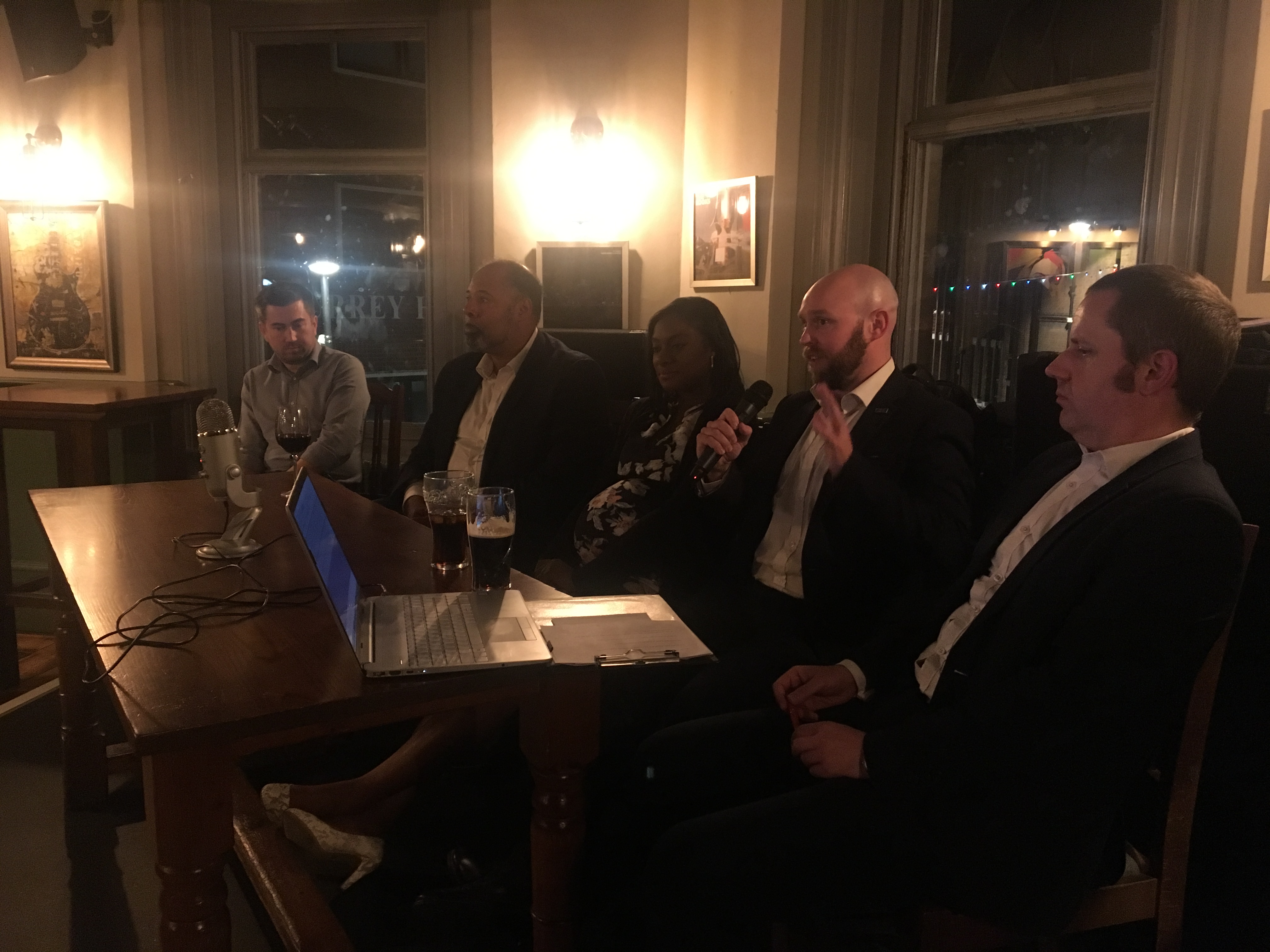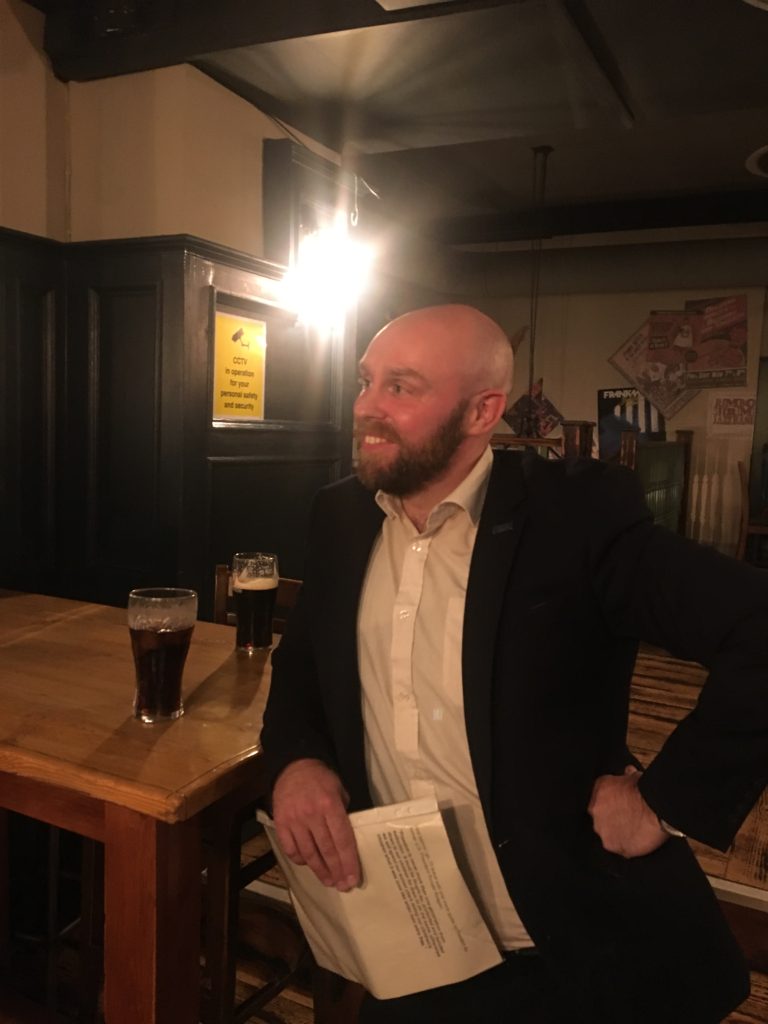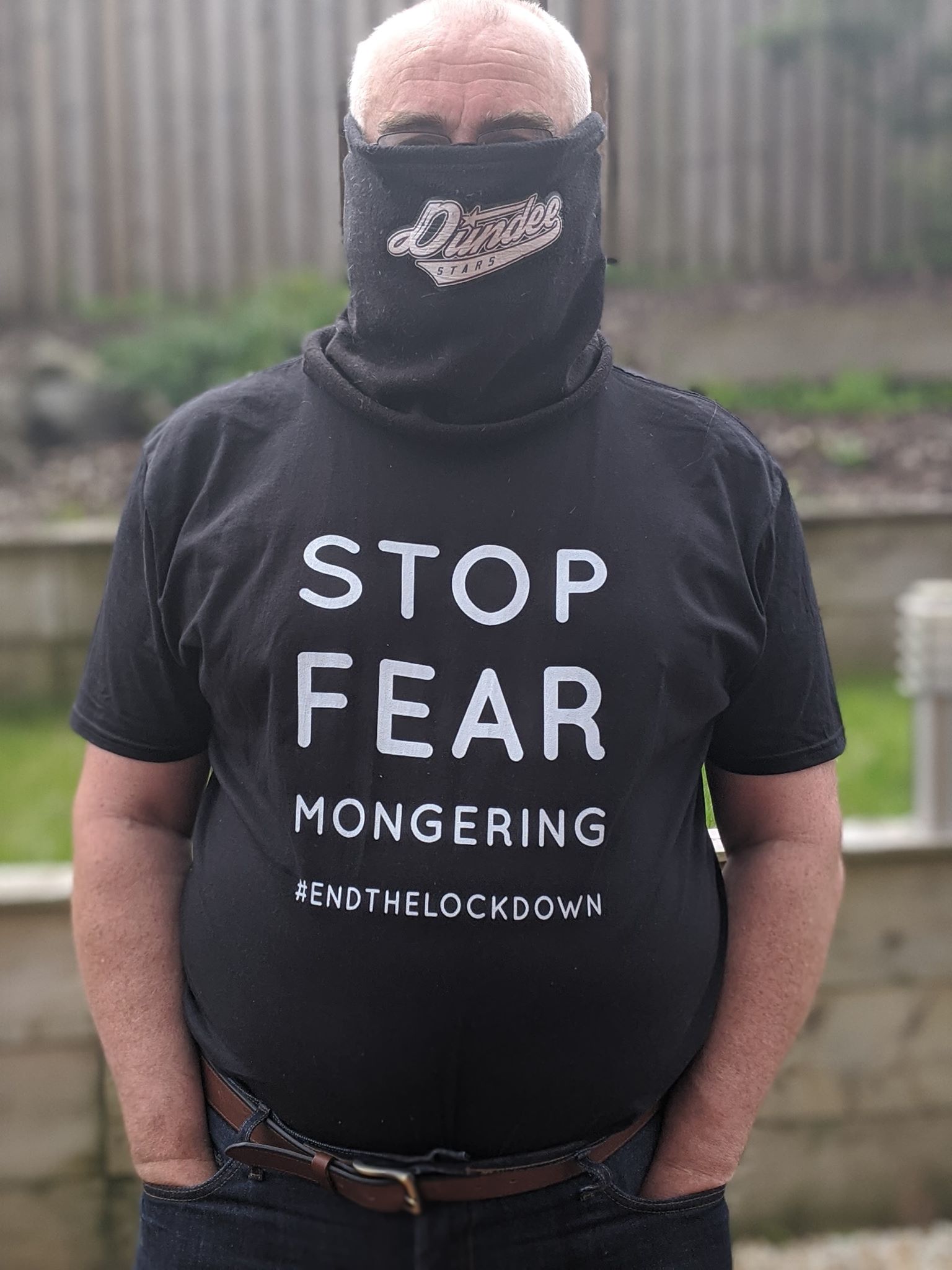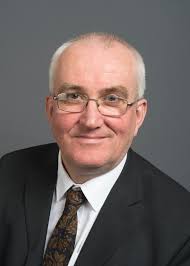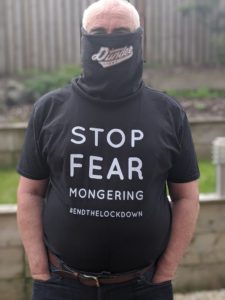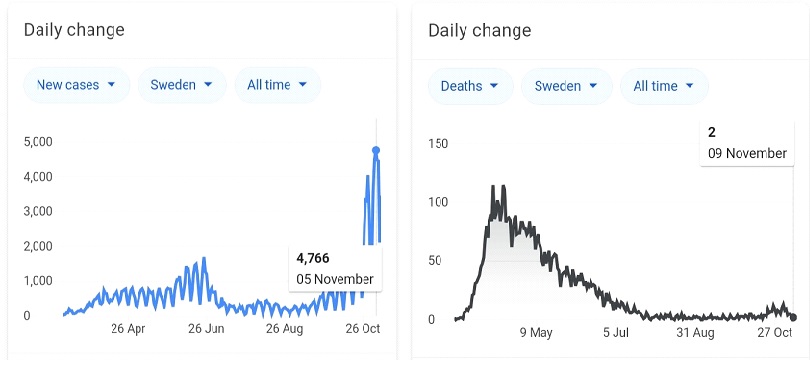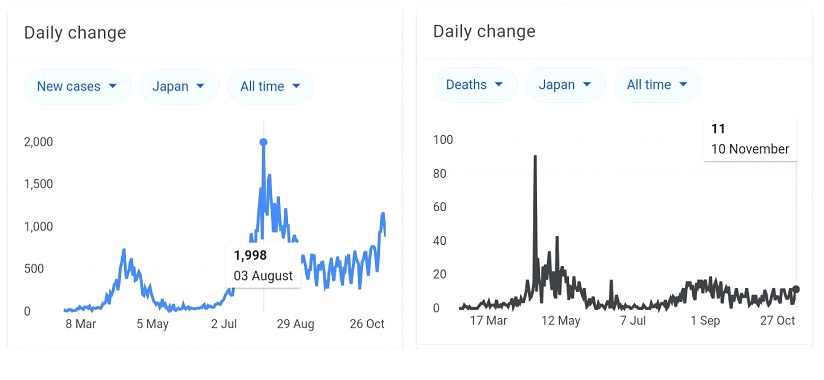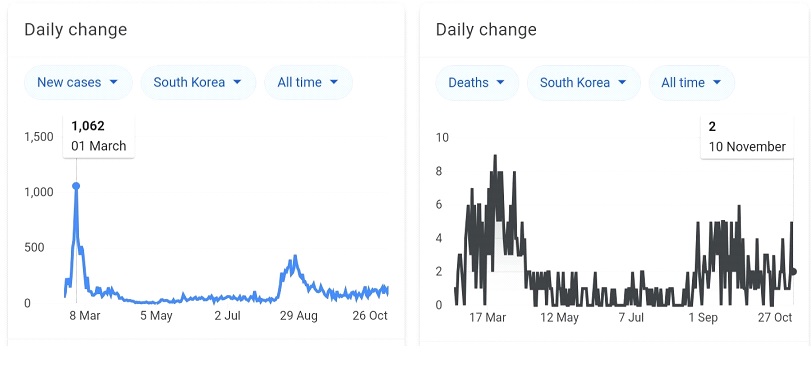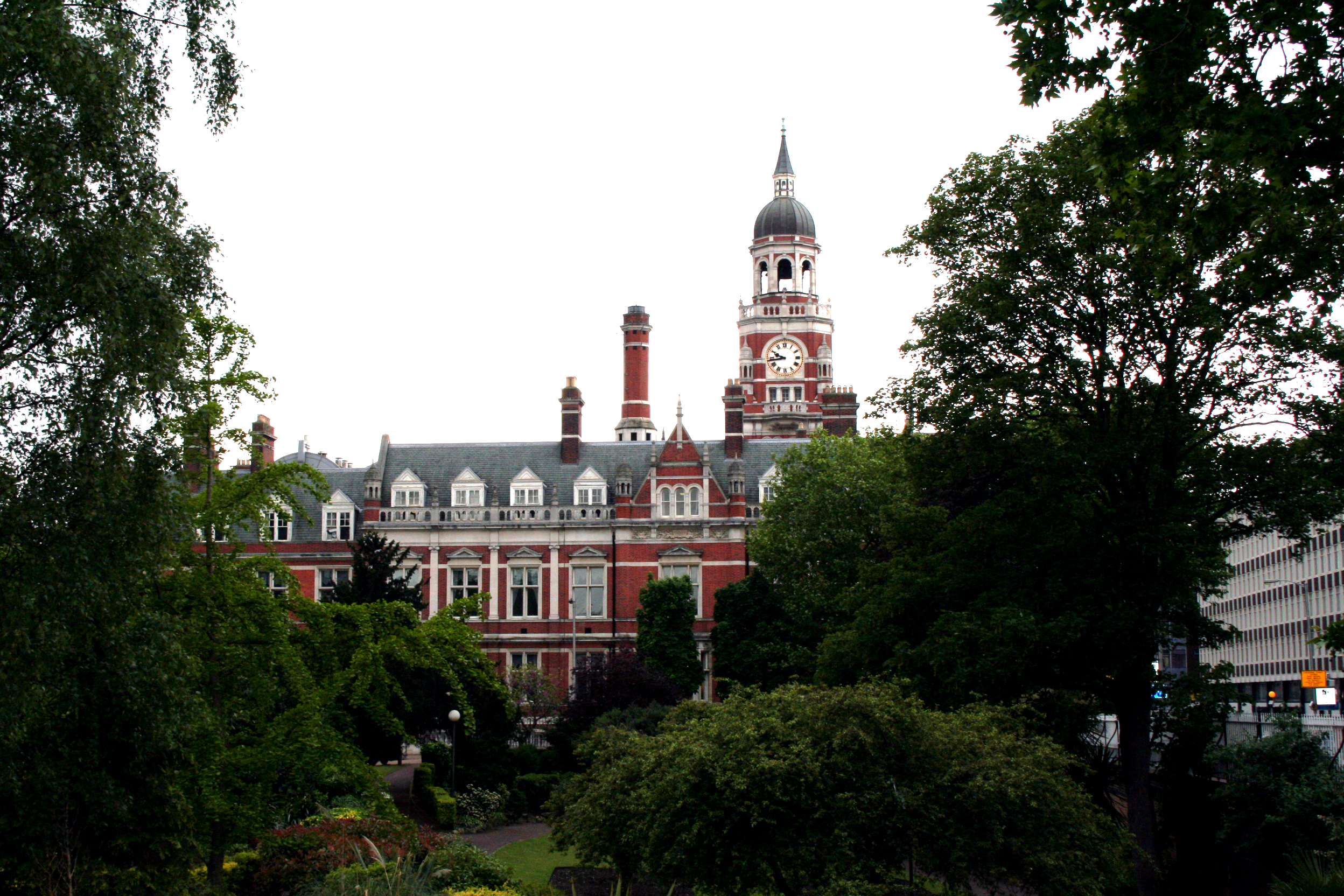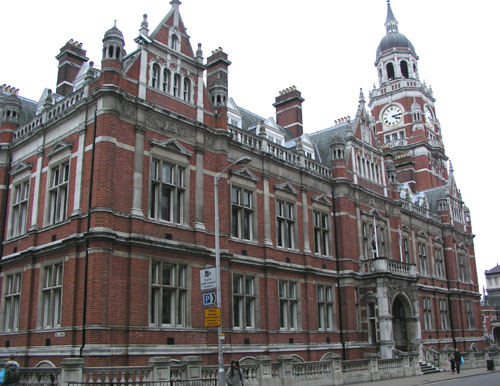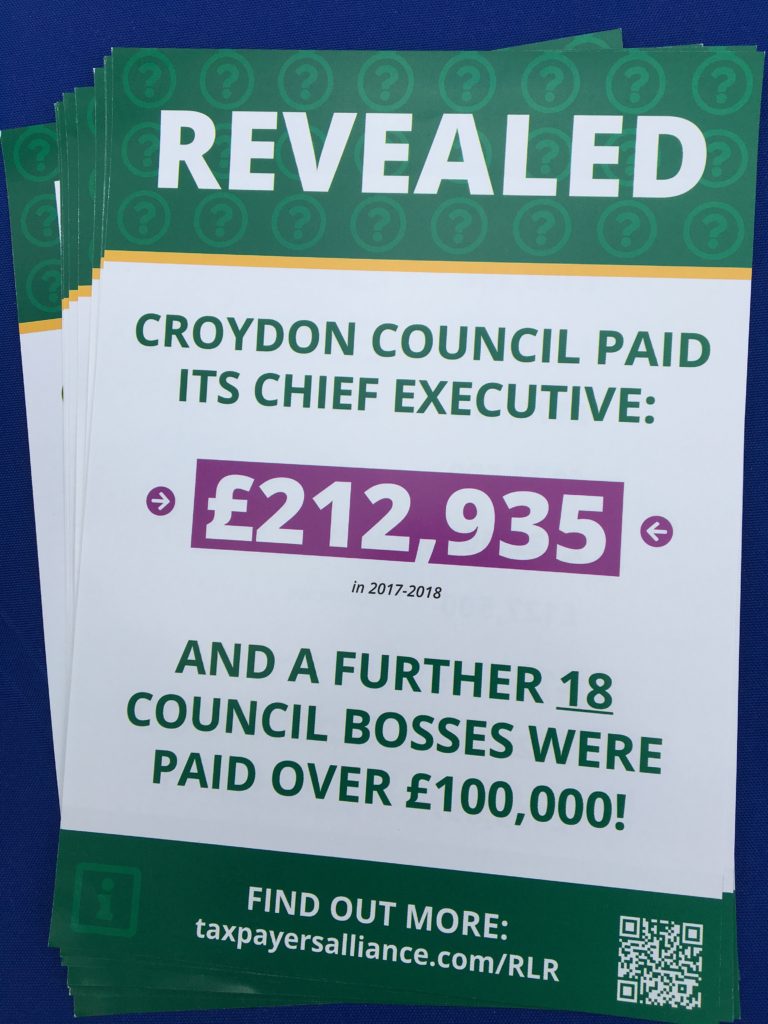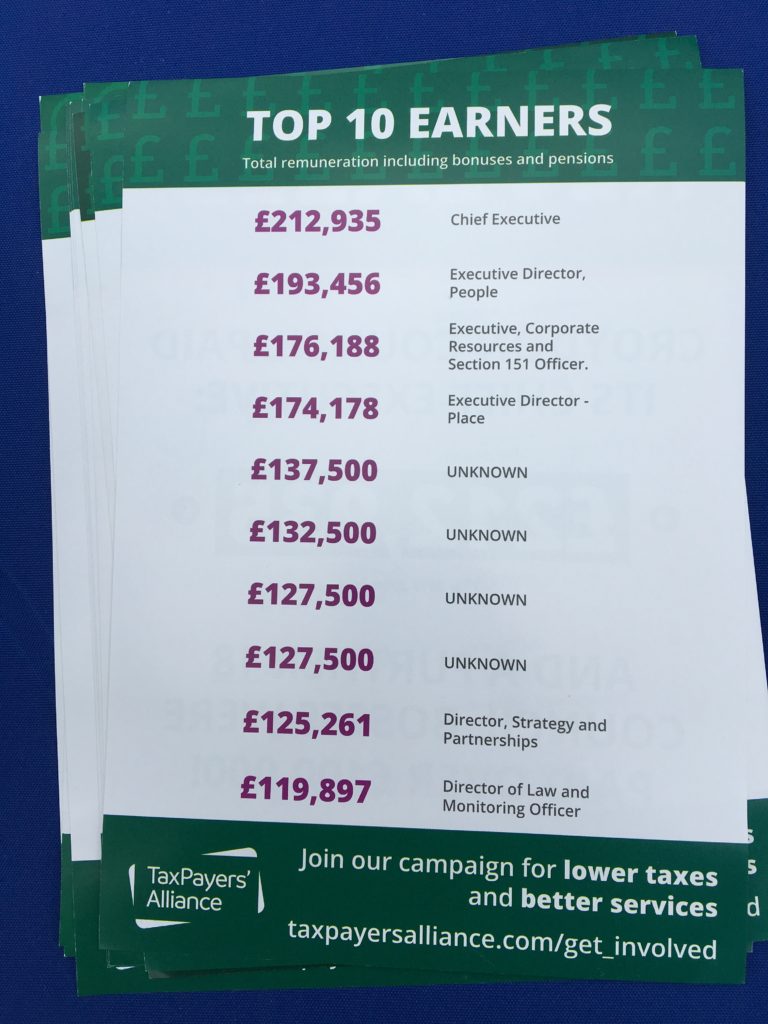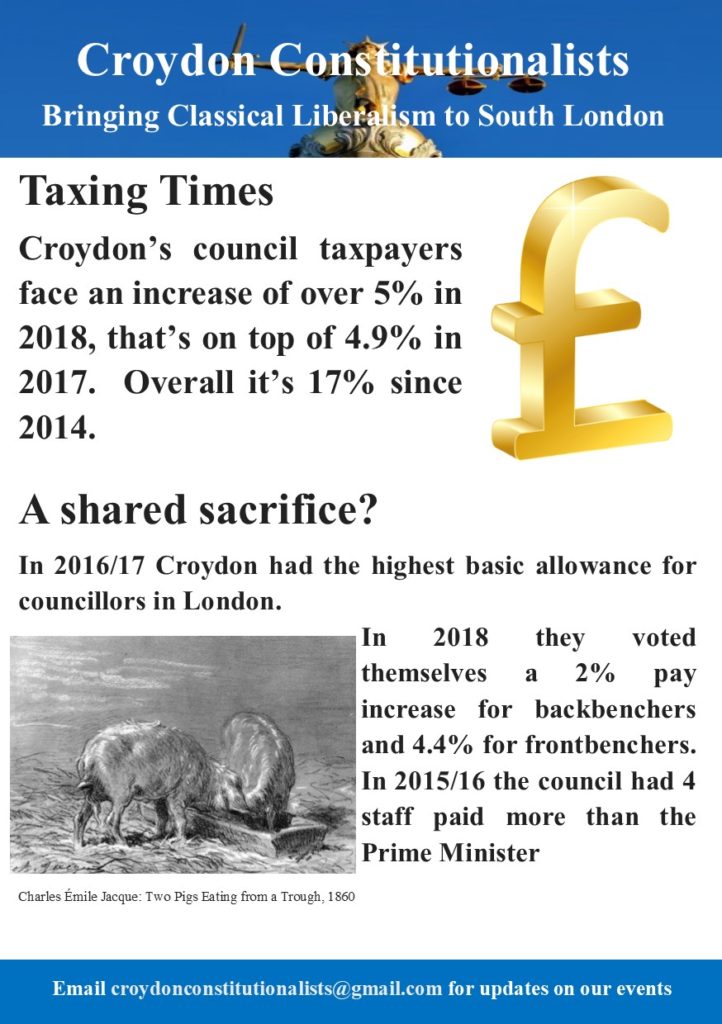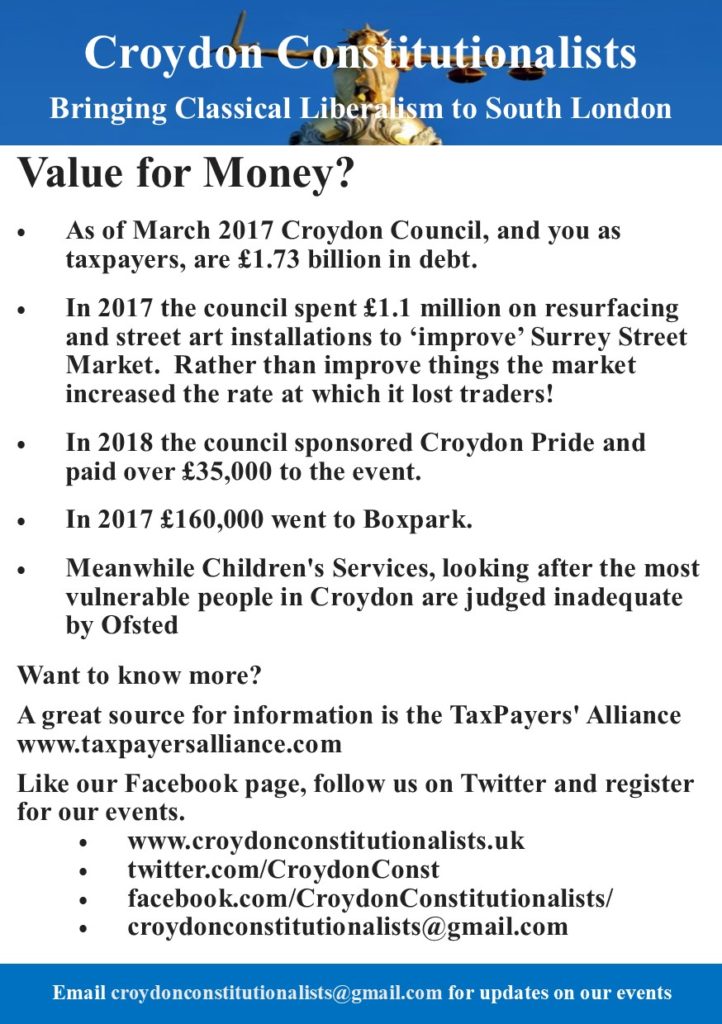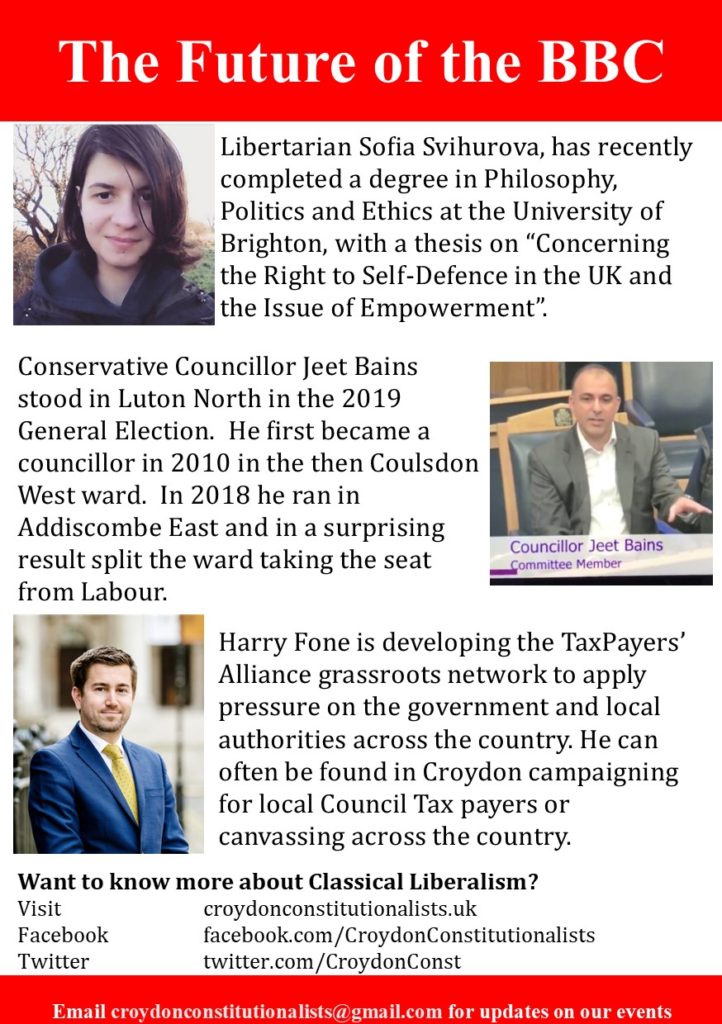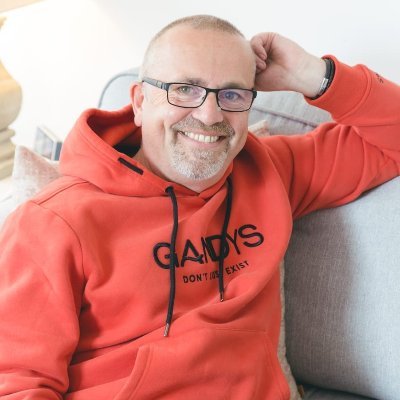
The Social Democratic Party (SDP) continued to exist after the merger with the Liberal Party to form the ironically named Liberal Democrats. The pro-Brexit party, anti-lockdown and anti-woke SDP have attracted some high profile support. We interviewed Andrew Bence, back in April and have published and worked with the party.
More locally Ian Woodley is the party organiser in Surrey. An ex-Croydon resident and Palace fan, we spoke with him about the party’s plans in the county.
Ian thank-you for your time.

Can you introduce yourself to our readers?
My name is Ian Woodley. I am the Surrey Coordinator for the Social Democratic Party. I was born In South London and spent my school years in Croydon, Elmwood and Selhurst Grammar /High and now live in Woking. I run a couple of businesses that raise investment for the restaurant sector and British manufactured goods, I have 4 children and one grandson.
Food, Music and Sport dominate my personal interests, lifelong Palace fan, once chairman of Dulwich Hamlet FC, Harlequins supporter, Americana music and a keen home cook.
The party is gaining publicity, but it’s still fair to say the SDP is not a well-known as it once was. What first attracted you to the party?
The party has had a roller coaster past. It is 40 years old in January and hit the heights with the “gang of four” in the early 80s. Then followed what turned out to be a disastrous alliance with the Liberals which ended in a full merger and gave them the word “Democrat” which is something over Brexit they have obviously forgotten. Those who didn’t want to throw their lot in with the Liberals such as Dr David Owen kept the flag flying and the party has existed at grass roots level ever since. Membership is now growing as we have enjoyed greater visibility. Like most people I have gone almost full circle on political views as I have grown older, before joining the SDP I was an “inactive” member of the Conservative party although was never a fan of austerity and got very frustrated with the infighting and ill discipline over Brexit. I now very much feel at home.
“at the time of writing I really hope Boris doesn’t bottle it, we have come too far for a fudged compromise. I am in line with the party’s views on lockdown in that what we really needed was a longer term consistent policy not the endless stop/starts which have destroyed some sectors and as for woke, I see this an unwelcome American import”
We described the SDP as pro-Brexit party, anti-lockdown and anti-woke SDP. Would you agree with these descriptions and what are your thoughts on where things are on these issues?
All of those things are certainly true although that sells us a bit short. We are very much Red Tory Blue Labour. We sit left of centre on economic matters such as a fairer distribution of wealth and renationalising the railways. As you suggest we are socially conservative although radical in some matters such as the abolition of the house of lords and creation of an English parliament. Specifically, at the time of writing I really hope Boris doesn’t bottle it, we have come too far for a fudged compromise. I am in line with the party’s views on lockdown in that what we really needed was a longer term consistent policy not the endless stop/starts which have destroyed some sectors and as for woke, I see this an unwelcome American import which has highlighted that our media and academia is laden with progressive liberals who are a real danger to free speech and British culture.
We are hopefully coming out of the worst of the Covid Lockdown crisis. What would you do to help us recover?
Firstly I would say that now there is news of a vaccine do not expect the government to change its approach. To me I think the discussion around state aid and Brexit are crucial. What the government need is free a hand to stimulate British Industry. I think the major difference between us and the other parties on this is that we would be far more interventional and not leave everything to the vagaries of the free market which would mean more jobs effectively exported to China. We have a buy British policy where possible for government procurement.
“We have a policy for new immigrants “All will be required to agree to a pledge to uphold and adhere to contemporary British values as a condition of migration” which will light up the wokeratti but is what we feel most British people would expect”
The SDP are a communitarian party, what do you think we should be doing to build a more coherent national community?
That isn’t a five-minute job as our communities have been undermined for decades. Culturally I think the governments Australian style immigration policy is on the right track in that we need to slow the flow to allow things to settle. Never were the British people asked for their views on mass uncontrolled immigration. Most are in favour of immigration but not at the speed it has happened in past decades a situation made worse by there never being a plan for integration. The free market liberals whether they be Labour or Conservative have viewed immigration as a means to plug gaps in the need for short term unskilled labour but without factoring in issues such as housing and the NHS which have become stretched. We have also hugely ignored the needs of our own working class who have understandably felt that they have been pushed to the back of the queue. What some people call racism is actually resentment which has built as a result of thoughtless government policy. We have a policy for new immigrants “All will be required to agree to a pledge to uphold and adhere to contemporary British values as a condition of migration” which will light up the wokeratti but is what we feel most British people would expect. As a nation we have grown afraid to actually say what we want on this issue.
Economically there are huge extremes of wealth and the North South divide is real. We keep hearing the term levelling up but that will not happen on its own and will need steering from government.
You’re an ex-Croydonian what are your memories of growing up here, and thoughts on the now bankrupt borough?
I spent years 2-22 in Croydon, as mentioned earlier I was at Elmwood in West Croydon, which had the countries first schools steel band! Going to see Palace at the age of 6, the last year of the 11 plus and going to Selhurst Grammar seeing the head boy wearing a cape. No more first year intake so we were the youngest boys in the school for 4 years in a row. Discovering Lady Edridge girls school even though Selhurst girls school was right next door. Working my Saturday job at Sainsburys in the Whitgift centre and the many pubs we used to frequent around Croydon. I must admit not being close enough to understand what has happened with Croydon council but I was saddened by the news as I am sure most old croydonians were.
“We have made ourselves busy in objecting to Surrey County Council’s bid to get rid of the 11 district and borough councils to create one mega unitary authority. Too big and not accountable”
How are the SDP making headway in Surrey, how have you been campaigning and what are your plans once we’re back to a more normal situation?
I only took on my role this summer so have not actually enjoyed a period of freedom to convene a meeting of existing members live so to speak and comms revolve around zoom calls . This is massively frustrating as it has been very difficult to make any headway. We are focused on getting some candidates out for the forthcoming Council elections in May and will be all guns blazing once we can get back to some form of normal. I think in common with most members of the party we believe we have a compelling message but as we get so little coverage progress is painfully slow.
We have made ourselves busy in objecting to Surrey County Council’s bid to get rid of the 11 district and borough councils to create one mega unitary authority. Too big and not accountable.
What are the local issues you think the party can make headway on in Surrey?
Surrey is very Conservative, all 11 constituencies are viewed as safe seats so we are under no illusion that we have an uphill battle. That said I feel there are a great number of disillusioned Tory voters who would certainly feel comfortable our policies and I think a number of people vote Lib Dem thinking they are centrist when on many issues they clearly aren’t. Housing and Transport are the big two. Its impossible for young couples to get onto the housing ladder and our solution is to dust off the concept of council housing which worked well for decades but then became ideologically unacceptable. We would also nationalise the railways its expensive and not very good and every Surrey commuter we feel would happily encourage a complete rethink.
If you could introduce two big changes Surrey and two nationally what would they be?
Only two? In Surrey as mentioned above, we must resolve the housing issues and make public transport more affordable and efficient, it should be our jewel in the crown.
Nationally, lets go big, proportional representation and abolish the house of lords. The people of this country will not get the government it needs and deserves under the current archaic system.
“Brexit was a fantastic reminder of this, forgetting the EU for a minute, it was the British people saying Oy! This is not what we want! That however was the start of a bigger fight to defend democracy not the finish as we found out”
Are there any thoughts you would like to leave our readers with?
Wow, haven’t I said enough. Without sounding like a conspiracy theorist, which I am not. We need to be very alive to the creeping globalism of huge tech firms, big pharma , vested interest and a political elite who seem to forget they are accountable to the people who put hem there. Brexit was a fantastic reminder of this, forgetting the EU for a minute, it was the British people saying Oy! This is not what we want! That however was the start of a bigger fight to defend democracy not the finish as we found out.
Learning the lessons of EU membership we must not sleepwalk into a situation where we find that our views and our vote no longer count.

Ian can be found on Twitter at https://twitter.com/IanWoodley6. The SDP are online https://sdp.org.uk/, on YouTube https://www.youtube.com/channel/UCxHouHEwW8AguK_Vi1y_duQ with some great interviews, on Facebook https://www.facebook.com/TheSDPUK and on Twitter https://twitter.com/TheSDPUK.


